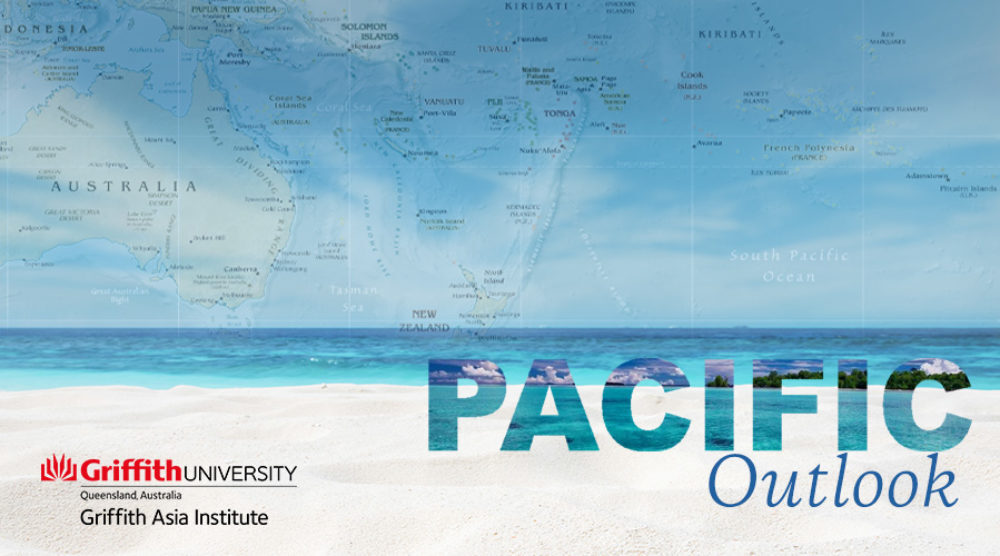TESS NEWTON CAIN |
Vanuatu moves to COVID-19 Level 2
After more than a week of rumour and counter-rumour, the government of Vanuatu confirmed there is community transmission of the Omicron variant of COVID-19 on the main island of Efate. This comes after more than two years in which the country’s only recorded cases had been in quarantine.
A public health order issued by the government has brought a lockdown into force along with a 6pm to 6 am curfew for an initial 72 hours. Some communities in rural Efate have put their own roadblocks in place to prevent people from town entering.
The declaration saw the streets empty over the weekend and people continuing to mostly stay at home into Monday. However, there were large crowds at vaccination sites that continue to operate.
Health authorities confirmed that they are short of frontline workers with several either infected or being prevented from leaving quarantine having recovered.
Ukraine conflict casts light on West Papua
The blanket coverage of the war in Ukraine has caused some in the Pacific to question the relative silence when it comes to the decades-long struggle for independence in West Papua. For some, this is seen as a double standard on the part of Western media outlets.
The longstanding concerns about the actions of the Indonesian government and associated militias in West Papua have been highlighted in a recent UN report.
Special Rapporteurs for indigenous peoples and displaced persons have called for immediate humanitarian access to the region. They have called attention to reports of torture and extra-judicial killings, including of children. They have also referenced at least 5,000 indigenous Papuans having been forcibly displaced.
In 2019, the leaders of the Pacific Islands Forum called on the government of Indonesia to facilitate a visit to West Papua by the UN High Commissioner on Human Rights.
Security a priority for PNG elections preparation
As authorities in Papua New Guinea prepare for this year’s general elections, the issue of security is a top priority.
Late last year there were reports that large numbers of weapons were being transported to the Highlands ahead of this year’s polls. More recently, the Australian Defence Force has provided equipment to the Royal PNG Defence Force (PNGDF). The PNGDF will support electoral officials and the police in maintaining security during the three-week voting period and subsequently as votes are tallied.
Meanwhile, it has been reported in the PNG media that a bill to provide five reserved seats for women MPs will not be debated by the current Parliament.
The Special Parliamentary Committee on Gender-Based Violence has sought to progress this change to the parliamentary make-up and has expressed disappointment that the necessary legislative changes will not be made ahead of this year’s elections.
USP VC arrives in Samoa
The Vice-Chancellor of the University of the South Pacific (USP) has arrived in Samoa. He will now lead the institution from the Alafua campus in Apia.
The previous Prime Minister of Samoa offered a home to Professor Ahluwalia Pal and his partner after they were deported by the Government of Fiji in February 2021. Although USP is a regional university with a presence in each of the twelve owning countries, its administration has always been based in Suva, Fiji.
The tensions between USP and the Government of Fiji are not over. Fiji has refused to provide its contribution to the University’s funding. This has created significant financial constraints. This situation has regional significance, given that USP is a member of the Council of Regional Organisations of the Pacific. With Fiji as the chair of the Pacific Islands Forum, this adds to the woes of regionalism at play.
Tess Newton Cain is an Adjunct Associate Professor at the Griffith Asia Institute and project lead of the Pacific Hub.








